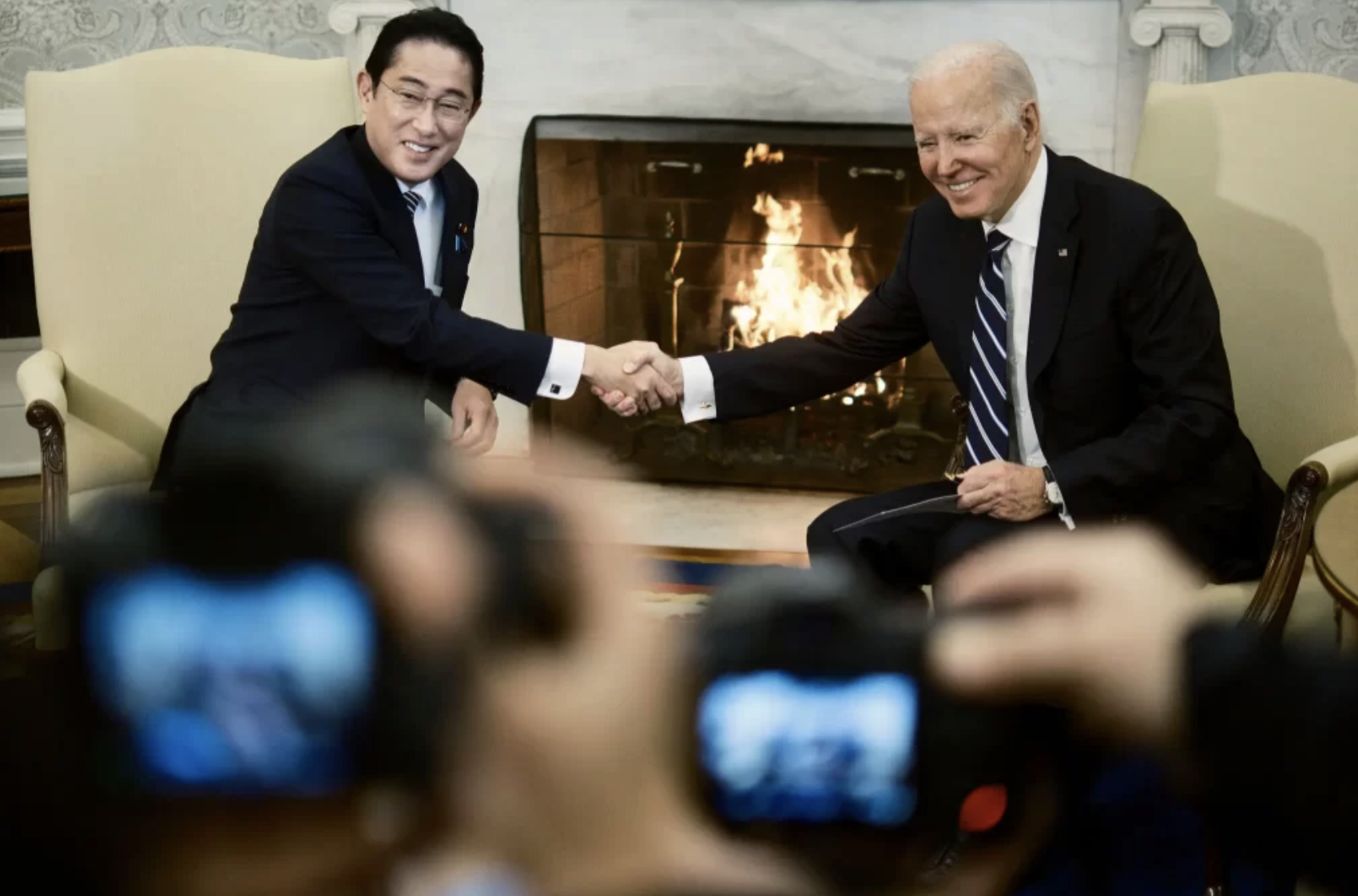What You Need to Know:
Japanese Prime Minister Fumio Kishida said in a speech on Friday that he hopes for strengthened cooperation between South Korea, the US, and Japan. This statement comes before a summit between the three countries scheduled for August 18, 2023. This summit will likely include security concerns like Chinese expansion and North Korean nuclear launches.
Japan is a major United States (U.S.) ally and is crucial to U.S. security interests in the region. Recently, Japan has been undergoing a military buildup to include strike capabilities and double defense spending. This is a very different approach to regional security than Japan has practiced in the past. During the war games held in Australia, Japanese ground forces got to test their troops and equipment in simulated combat.
Why it Matters:
Regional security in the Pacific has been a contention point since the rise of China. North Korea has been increasing its nuclear tests, and the Chinese navy and air force have repeatedly violated sovereign borders.
Increased cooperation between the U.S., South Korea, and Japan will make a large difference in security for the region. This cooperation comes in the form of real-time intelligence sharing, naval exercises, and economics. These are the outcomes that PM Kishida is hoping for.
If increased strategic cooperation is agreed upon, the U.S., Japan, and South Korea will gain a significant boost in shared resources for intelligence gathering, helping to ensure the continued security of the region.
What’s Next:
Although Kishida did not want to “prejudge the outcomes of the conference”, there is a likely chance that strategic cooperation goals will be met. Early last week, the Biden administration called for increased economic and defensive ties to “bolster the region”. South Korea has been dealing with an increase in nuclear tests and is looking for stronger sanctions against a warmongering North Korea.
The U.S. ambassador to Japan, Rahm Emanuel, believes that this summit will “make history and lead to a paradigm shift”. He also stated that this will lead to a “unified front for a free and open Indo-Pacific.
Earlier this year, U.S. and Japanese officials said that China’s incursions were pushing South Pacific countries towards the U.S. and its allies, and so far that has held true. Now that Japan has agreed to discuss the opening of a NATO liaison office, the Philippines have allowed the U.S. to open a naval base, and Australia is increasing naval cooperation in the region.
China’s repeated threats of expansion or sanctions have turned many countries in the South Pacific away from cooperating with them. China is likely going to respond negatively to any further cooperation with the U.S., but it has not stopped many of the other countries from steering away from Chinese influence.


